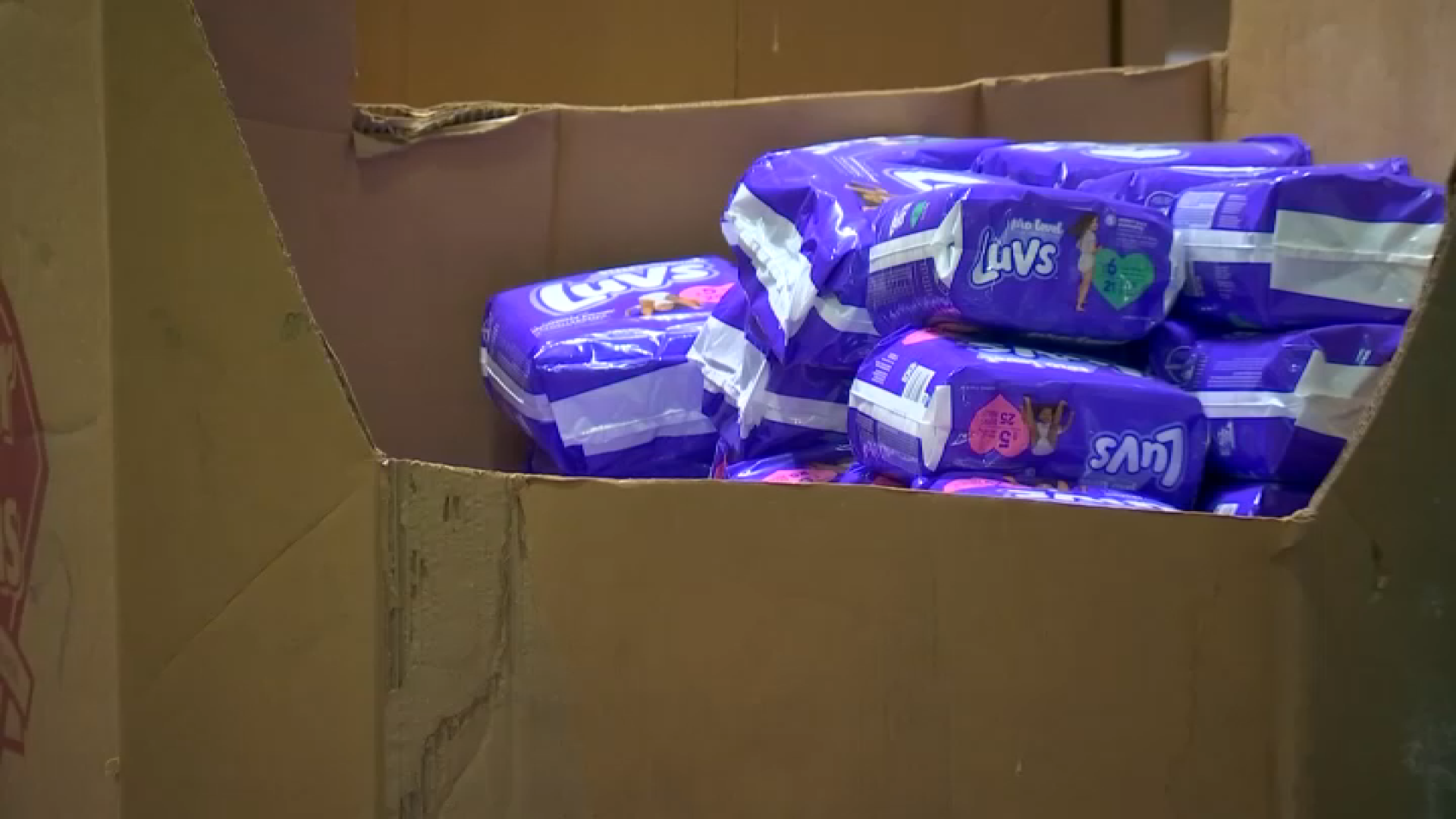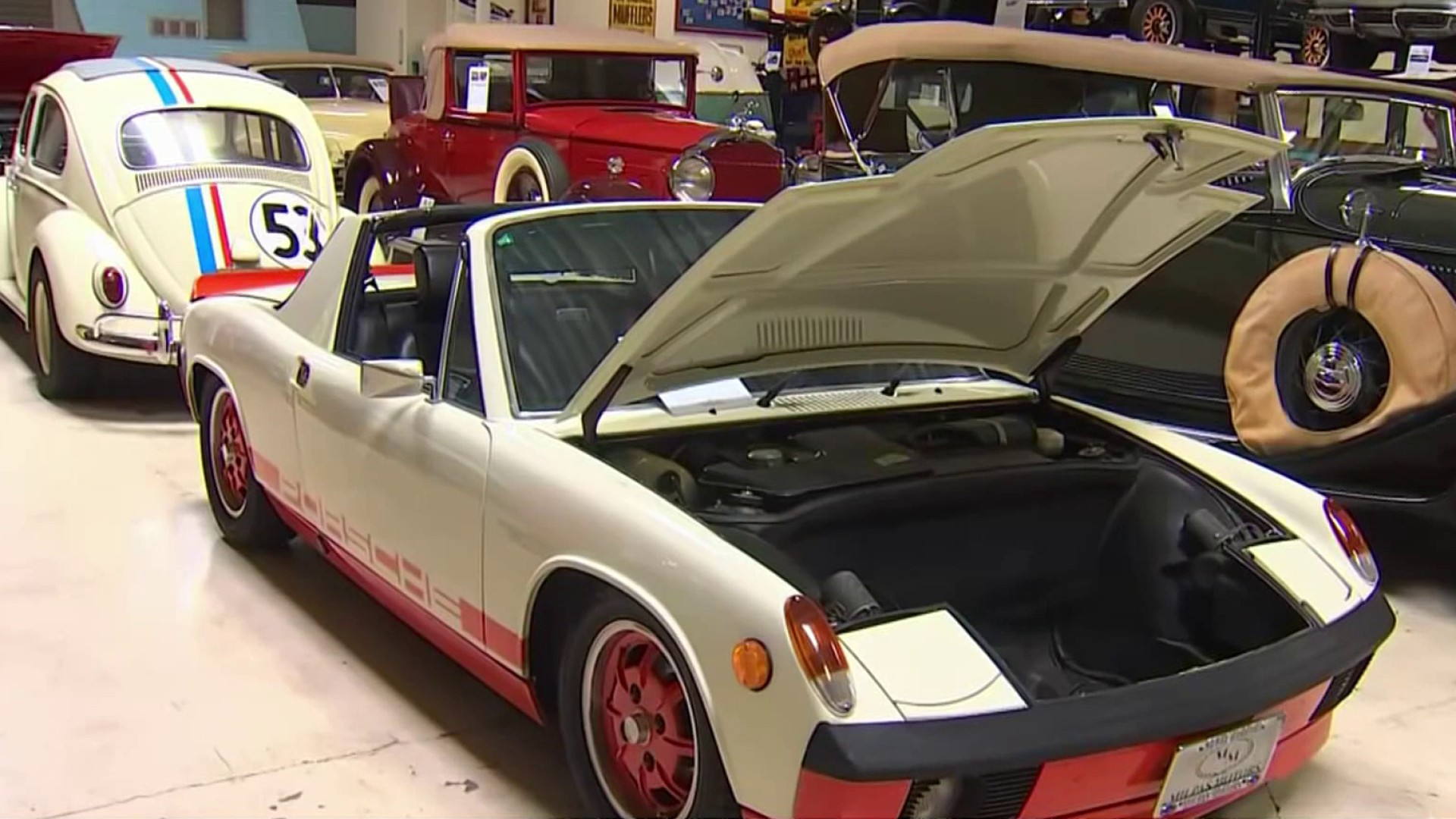When a body was found at a mobile home park during the Sandalwood Fire in Calimesa last October, family members of 89-year-old Lois Arvickson feared it was her.
They were on the phone with the mother, grandmother and great-grandmother when the line went dead. They searched nearby shelters to see if Arvickson had survived, but couldn't find her.
It became clear to them that Arvickson was one of the two people killed in the fire, but no one knew for sure whether the body that had been recovered from Villa Calimesa Mobile Home Park was hers.
Then, forensic scientists from the district attorney's office in Orange County stepped in, using a DNA testing machine — the only one of its kind in Southern California — to analyze tissue samples found at the fire.
Usually, according to the American Chemical Society, a DNA test can take up to three days to process. But Arvickson's family had results the same night the tissue samples were brought in.
"Even though it's the worst news they could get, at least they knew at that point what had happened to their grandmother," said Jody Hynds, senior forensic scientist at the OC district attorney's office.
"Rapid DNA" analysis uses saliva, blood or even gum and cigarette butts to extract samples that can be compared to those in the state's records.
Local
Get Los Angeles's latest local news on crime, entertainment, weather, schools, COVID, cost of living and more. Here's your go-to source for today's LA news.
"It is like a fingerprint," Jody said. "It identifies you. We only look at 24 locations on your DNA and [they] tell me your DNA profile. It's specific to you."
"We've got over 100 crimes we've solved using Rapid DNA — everything from commercial burglaries to auto thefts to murders," said Robert Mestman, an assistant district attorney for Orange County.
A sample from a crime scene comes to the lab, with results sometimes available in as little as two hours. Those results are then sent to detectives and compared to records of nearly 200,000 people charged with lesser crimes.
"In addition to leading to convictions and catching people, [Rapid DNA] can also be used to exonerate the innocent," Mestman said.
Some have expressed doubt that the technology can successfully analyze DNA mixtures such as those from sexual assault cases, and it has not been allowed as evidence at trial.
There are also those who worry that the technology is invasive. But OC District Attorney Todd Spitzer disagrees.
"We're not collecting this DNA to know who your ancestors are or your propensity to have cholesterol or heart attacks," he said. "It has nothing to do with that. It's completely separate, and I want the people to know this isn't Big Brother."
As Spitzer explained, unlike other DNA kits used to trace family trees, Rapid DNA is about giving investigators leads faster.
Jody believes the technology is a game-changer for investigators.
"We're seeing a huge difference where these cases are fileable right away because there is so much more evidence you can gather, and you get a name quickly," she said.



